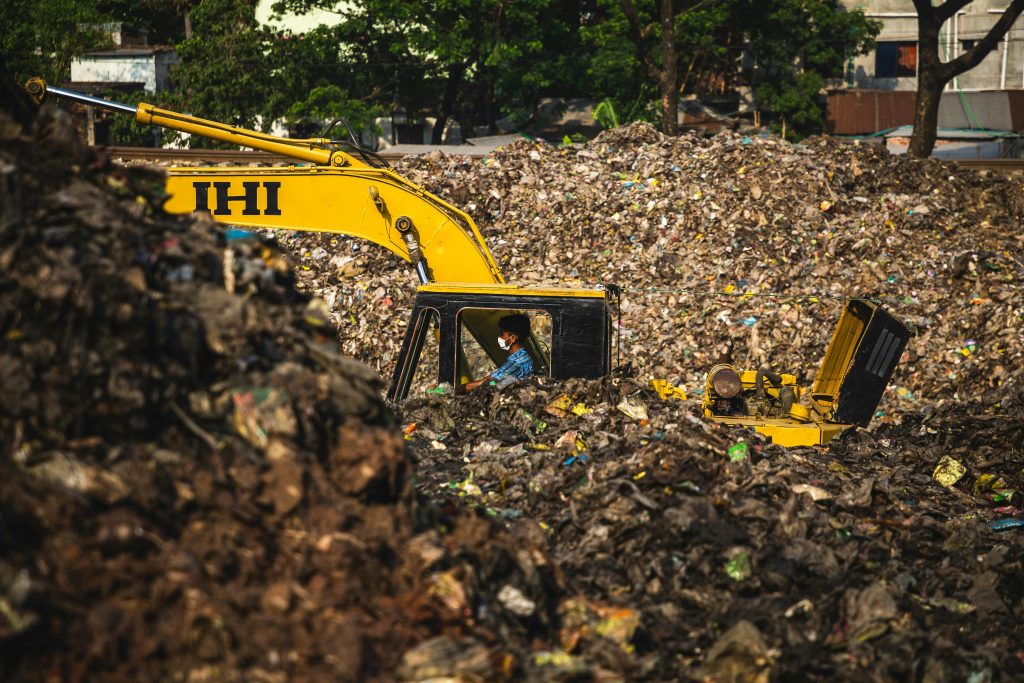Ever found yourself staring at a $10,000 fine because of an accidental pollution incident tied to your business? Yeah, we’ve been there too.
In today’s fast-paced world, where environmental awareness is skyrocketing (and so are penalties for pollution), knowing how to report incidents properly can save you from financial ruin. This guide dives deep into “Pollution Incident Reporting,” explaining its importance, steps for compliance, and how environmental insurance plays a role in protecting your finances—even if linked to credit card transactions.
By the end of this article, you’ll have:
- An understanding of why Pollution Incident Reporting matters.
- A step-by-step roadmap for proper reporting.
- Tips on leveraging environmental insurance effectively.
Table of Contents
- Key Takeaways
- Why Pollution Incident Reporting Matters
- Step-by-Step Guide to Reporting Pollution Incidents
- Tips & Best Practices
- Real-World Examples
- FAQs About Pollution Incident Reporting
Key Takeaways
- Failure to report pollution incidents can lead to hefty fines and legal trouble.
- Environmental insurance acts as a safety net but requires accurate reporting.
- Your credit card usage may indirectly trigger liabilities—know the risks!
Why Pollution Incident Reporting Matters
“Optimist You: ‘Maybe no one will notice…'”
“Grumpy Me: ‘Until they do—and slap you with a lawsuit.'”
I once overlooked a small spill during a company retreat—thinking it was harmless. Spoiler alert: It wasn’t. Months later, an audit flagged us, and suddenly I was knee-deep in paperwork and penalty fees that made my wallet cry louder than a laptop fan overheating.
Pollution Incident Reporting isn’t just red tape; it’s essential. Here’s why:
- Legal Compliance: Regulatory bodies like the EPA take these reports seriously. Skipping them equals fines—or worse.
- Insurance Claims: Without proof of timely reporting, insurers might deny claims related to cleanup costs.
- Credit Card Risks: Businesses charging industrial purchases through corporate cards could face disputes or freezes due to environmental violations.

Step-by-Step Guide to Reporting Pollution Incidents
Now let’s get practical. How exactly do you file a report without losing your sanity?
Step 1: Identify the Incident
Don’t panic—but don’t ignore either. Document everything immediately: photos, videos, notes about the scope of damage.
Step 2: Assess the Impact
Ask yourself:
- Is wildlife affected?
- Could nearby water sources be contaminated?
Step 3: Notify Authorities
Federal guidelines require specific forms depending on the size of the spill. The faster you act, the better.
Step 4: File Insurance Claims
Contact your provider ASAP. Have all documentation ready—they’ll need every detail.
Step 5: Follow Up
Stay proactive. Agencies may request updates, so keep records organized.

Tips & Best Practices
Here’s how to stay ahead:
- Create a Response Plan: Draft a checklist now—not when chaos hits.
- Train Employees: Everyone should know what qualifies as reportable.
- Invest in Environmental Insurance: Yes, it costs upfront, but trust me—it’s worth it. (Pro tip: Don’t cut corners here.)
Terrible Tip Alert: “Just cross your fingers and hope nothing bad happens.” Seriously? If only ignorance were bliss…
Real-World Examples
One client of mine—a small manufacturing firm—forgot to report oil drips from machinery. By the time inspectors arrived, the issue had escalated. Their initial $500 problem turned into $50,000 worth of remediation—and their credit card accounts froze due to suspicious activity patterns.

FAQs About Pollution Incident Reporting
What qualifies as a pollution incident?
Anything from chemical spills to air quality breaches falls under this umbrella term.
Can I avoid fines by self-correcting?
Possibly, but only if caught early and reported promptly.
Will environmental insurance cover credit card-related claims?
If the transaction directly contributed to the incident, yes—but read your policy carefully.
Conclusion
Navigating Pollution Incident Reporting feels daunting—but it doesn’t have to. With clear steps, robust insurance policies, and meticulous documentation, you can protect both your environment and finances.
Remember: Proper reporting saves lives, reputations, and wallets alike. And hey, maybe treat yourself to some coffee while dealing with bureaucracy—you deserve it.
Like a Tamagotchi from the early 2000s, constant care keeps things thriving.


